Taking a shower is part of most people’s daily routine. It helps you feel refreshed, removes dirt and oil, and promotes good hygiene. Whether you prefer hot, warm, or cold showers, what you do immediately afterward affects your skin health, body temperature regulation, and even your immune system. Many people make small mistakes right after showering that can lead to skin issues, infections, or general discomfort. By avoiding certain actions, you can extend the benefits of your shower and prevent common problems. Here is what science and dermatologists suggest you should never do right after stepping out of the shower.
Do Not Rub Your Skin with a Towel
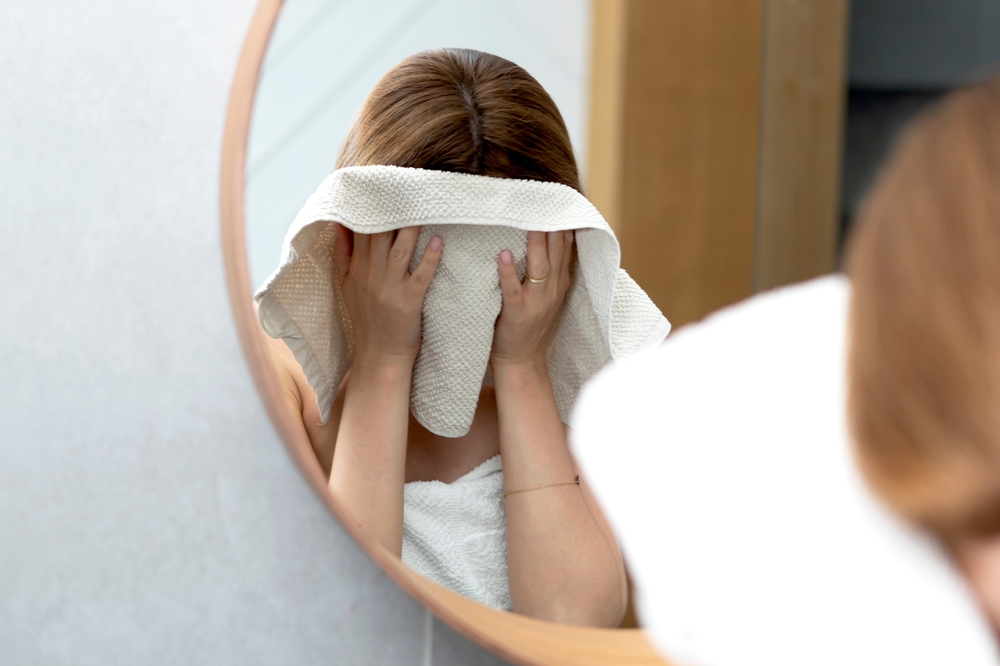
One of the most common post-shower mistakes is rubbing your skin aggressively with a towel. While it may seem like an efficient way to dry off, it can damage your skin’s protective barrier. The outermost layer of the skin, known as the stratum corneum, is sensitive after being exposed to water and heat. Rubbing too hard can strip away natural oils, cause irritation, and worsen conditions like eczema or dry skin. Instead of rubbing, dermatologists recommend gently patting your skin dry with a soft towel. This method reduces friction, preserves your skin’s natural moisture, and minimizes irritation.
Do Not Skip Moisturizer
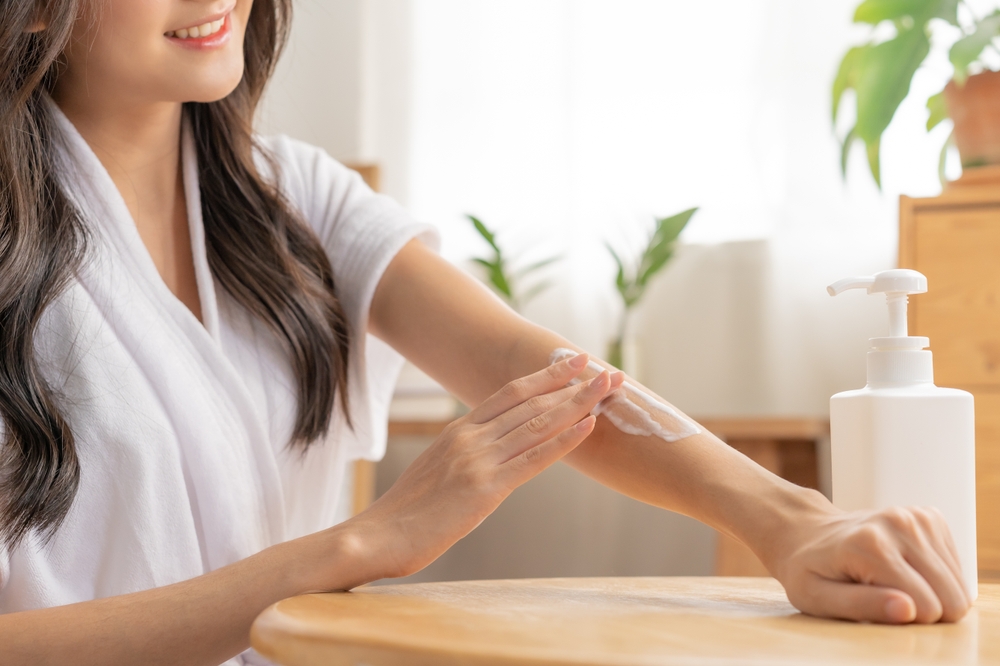
Many people delay applying lotion or skip it altogether, especially if they are in a rush. However, the minutes right after a shower are the most important time to lock in moisture. Your skin absorbs products more effectively when it is slightly damp. Skipping moisturizer allows water to evaporate from the skin’s surface, which can lead to dryness and flaking. This is especially important during colder months when the air is drier. Use a fragrance-free moisturizer within three minutes of stepping out of the shower to seal in hydration and support your skin barrier.
Do Not Put On Tight Clothing Immediately

Putting on tight clothes right after a shower can trap heat and moisture against your skin, creating the perfect environment for bacteria and fungi to grow. This is especially true if your skin is not completely dry. Tight clothing can also cause friction and increase the risk of ingrown hairs or rashes. To avoid these problems, wear loose, breathable clothing after showering. Allow your skin to air dry for a few minutes if possible before getting dressed. Choose natural fabrics like cotton that allow for airflow and reduce moisture buildup.
Do Not Skip Cleaning Your Feet or Drying Between Toes

Many people overlook their feet during and after a shower, but they are one of the most vulnerable areas for fungal infections like athlete’s foot. The warm, moist environment between toes is ideal for fungal growth if not properly dried. Failing to dry your feet thoroughly increases the risk of infection, odor, and skin breakdown. Use a clean towel to gently dry each foot and make sure the space between your toes is free of moisture. For extra protection, you can apply an antifungal powder if you are prone to foot infections.
Do Not Use Dirty Towels or Reuse Wet Ones
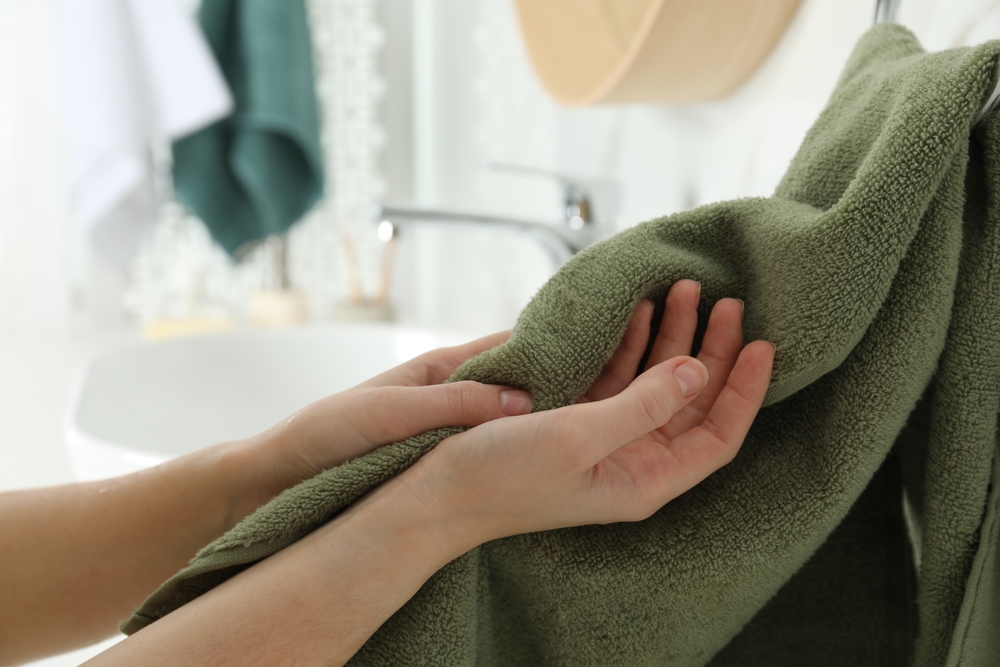
Using the same damp towel multiple times can introduce bacteria and mold to your skin. A wet towel provides the perfect breeding ground for microbes, especially if it has been left in a warm bathroom. Reusing such a towel can transfer bacteria to freshly cleaned skin and cause irritation or infections. Always use a clean, dry towel after showering and hang it in a well-ventilated area to dry completely between uses. It is also best to wash towels after three uses or sooner if they become musty or stained.
Do Not Blow-Dry Hair Without Heat Protection
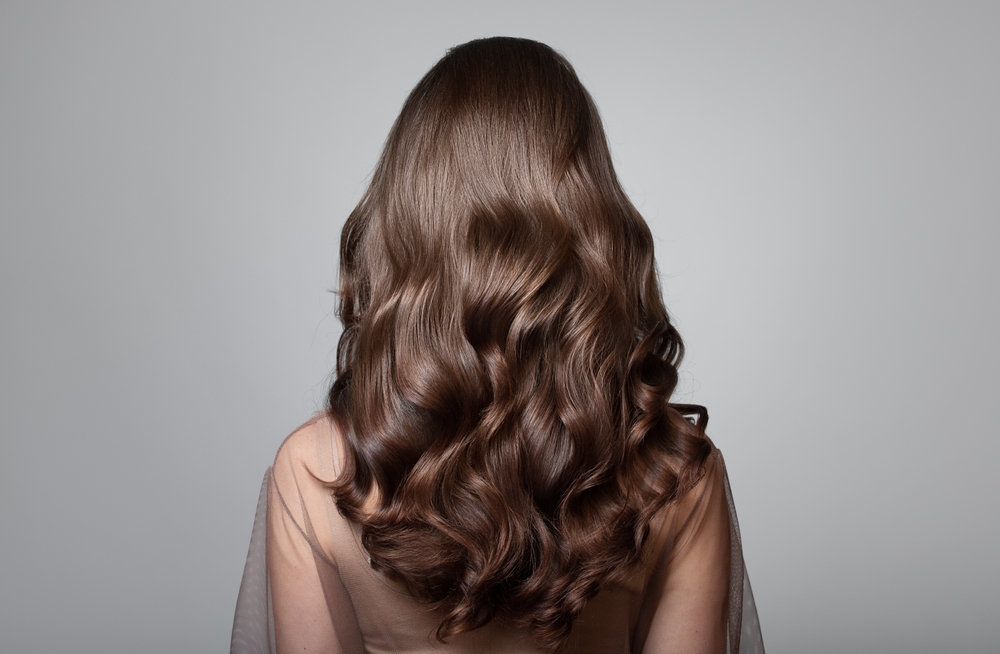
If you shower and plan to blow-dry your hair immediately, skipping a heat protectant spray can lead to long-term hair damage. Wet hair is weaker and more prone to breakage, and applying heat directly can cause split ends and frizz. Always towel-dry your hair gently and apply a thermal protectant product before using a blow dryer. Use a lower heat setting when possible, and keep the dryer moving to avoid concentrated heat exposure. Protecting your hair after a shower helps retain moisture and preserves your natural hair texture.
Read More: 10 Unbreakable Habits That Help You Live Longer and Stress Less
Do Not Neglect Your Scalp
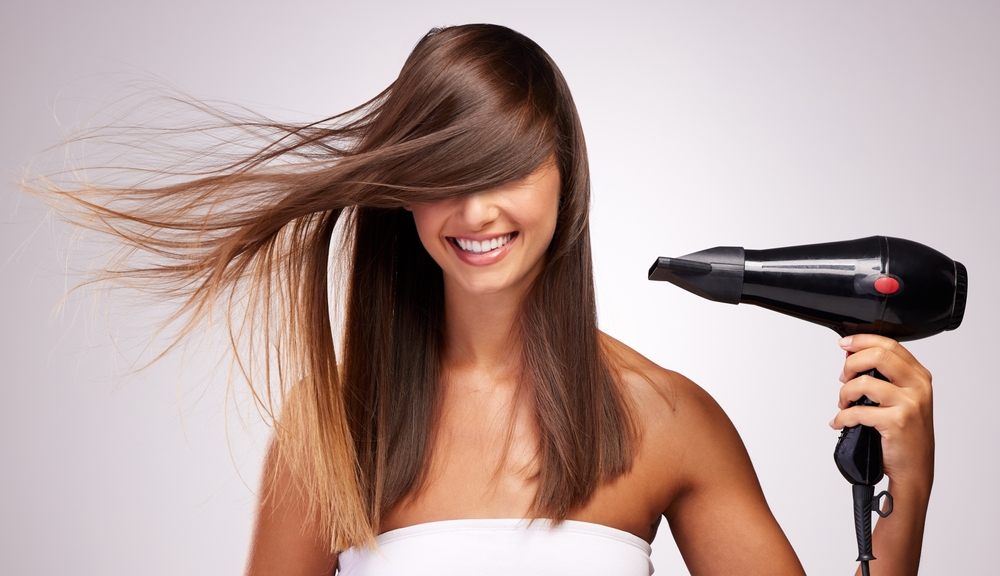
The scalp is an extension of your skin and needs just as much care. After a shower, it is important to gently dry your scalp and allow it to breathe. Leaving it damp and covering it quickly with a hat or turban can trap moisture and lead to itchiness or dandruff. If you wash your hair, make sure to towel-dry the scalp area and allow air to reach it. For people with oily or sensitive scalps, this step helps reduce inflammation and keeps the hair follicles healthy.
Do Not Apply Makeup or Skincare Products Immediately on Damp Skin Without Checking Compatibility
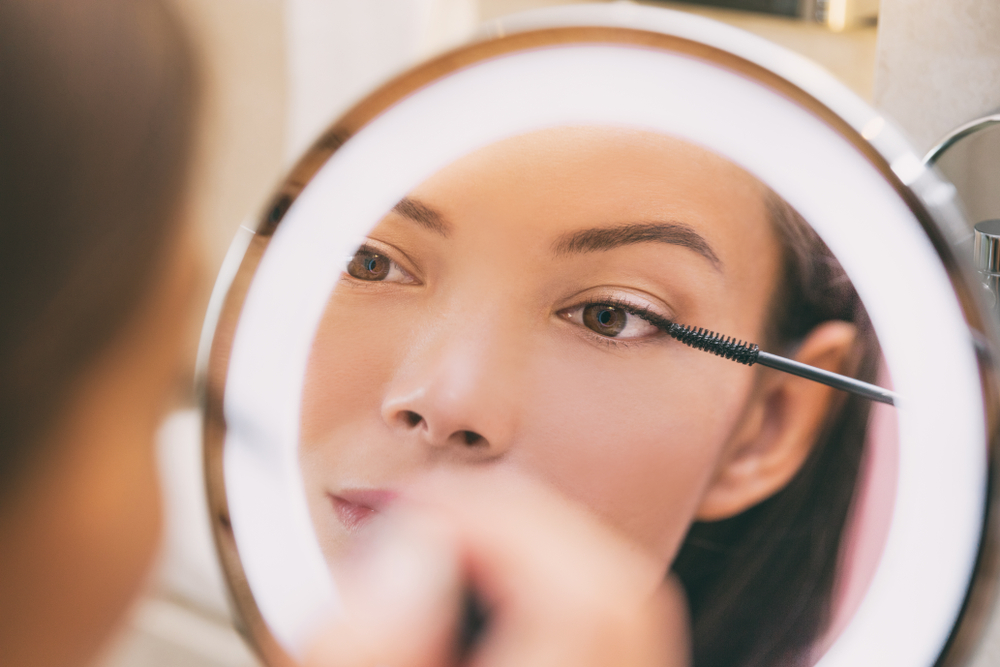
Your pores are more open after a warm shower, and your skin is more absorbent. While this helps some products work better, it can also increase the chances of irritation or allergic reactions, especially with potent actives like retinol or alpha hydroxy acids. Applying these too soon after showering, especially without moisturizer as a buffer, can cause redness or stinging. Let your skin calm down for a few minutes, apply moisturizer first, and then layer additional products once your skin feels ready. This ensures better results and fewer side effects.
Do Not Leave Wet Hair Tied Up
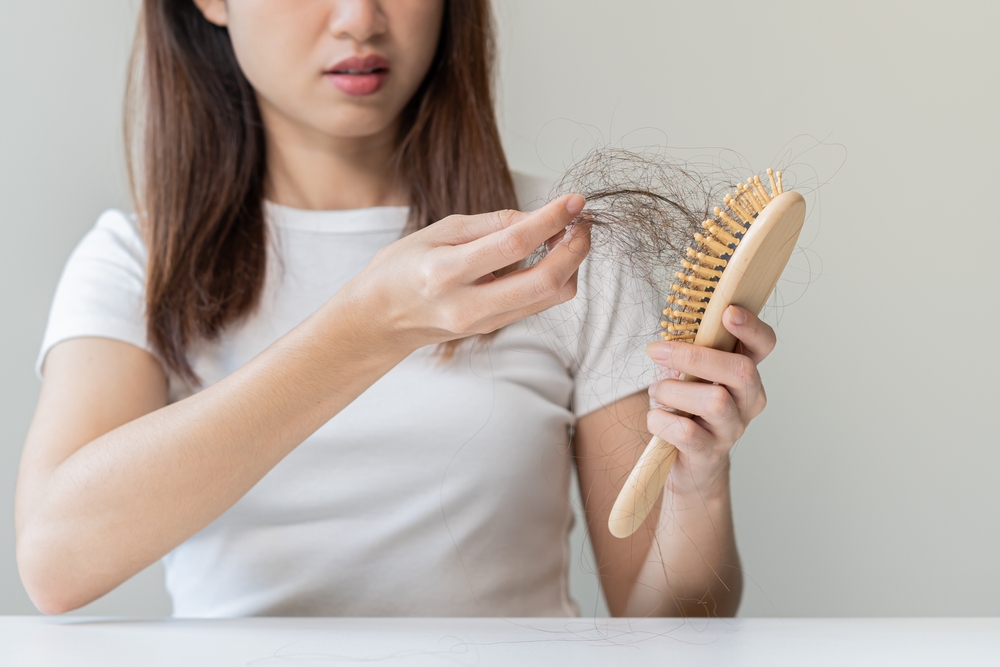
Tying up wet hair immediately after a shower can weaken hair strands and increase the risk of breakage or scalp tension. Hair is most fragile when wet, and pulling it tightly with elastic bands or clips can stress the roots and cuticle. This may lead to thinning or split ends over time. If you prefer to tie your hair back, wait until it is at least partially dry. Use soft fabric bands and avoid hairstyles that pull tightly on the scalp. Letting your hair air-dry naturally in a loose position is the healthiest choice.
Do Not Forget to Rinse the Shower Area
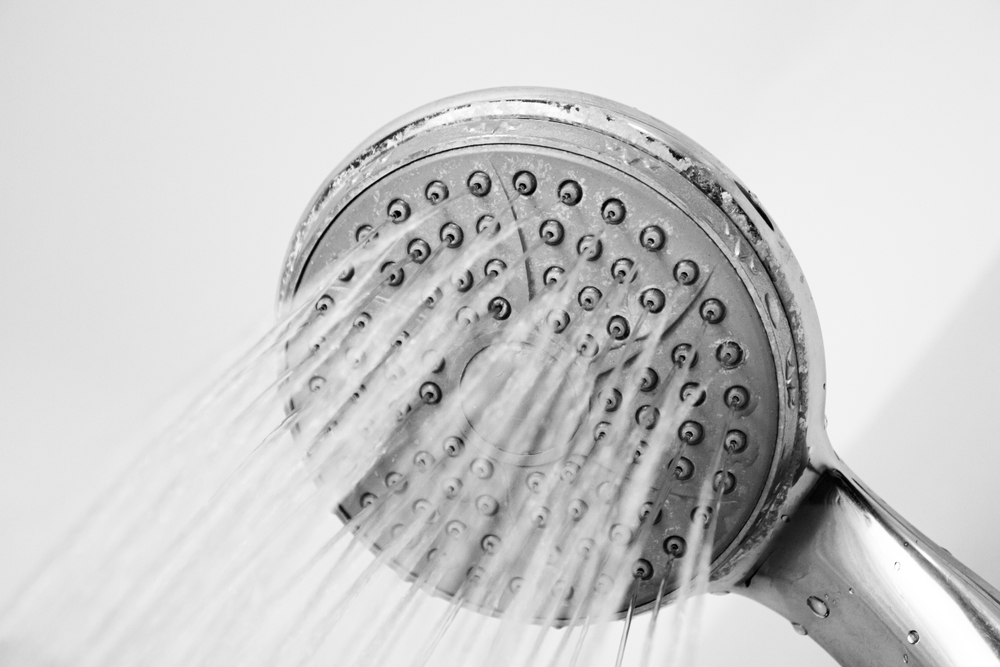
Leaving soap scum, hair, and water puddles in the shower can lead to mold, mildew, and slippery surfaces. Taking a few moments to rinse the walls and floor of your shower prevents buildup and keeps the space clean for the next use. Use a squeegee to remove water from glass doors or tiles. This simple habit reduces the spread of bacteria, minimizes hard water stains, and keeps your bathroom hygienic. It is especially important in shared households or public spaces.
Do Not Ignore Signs of Skin Irritation
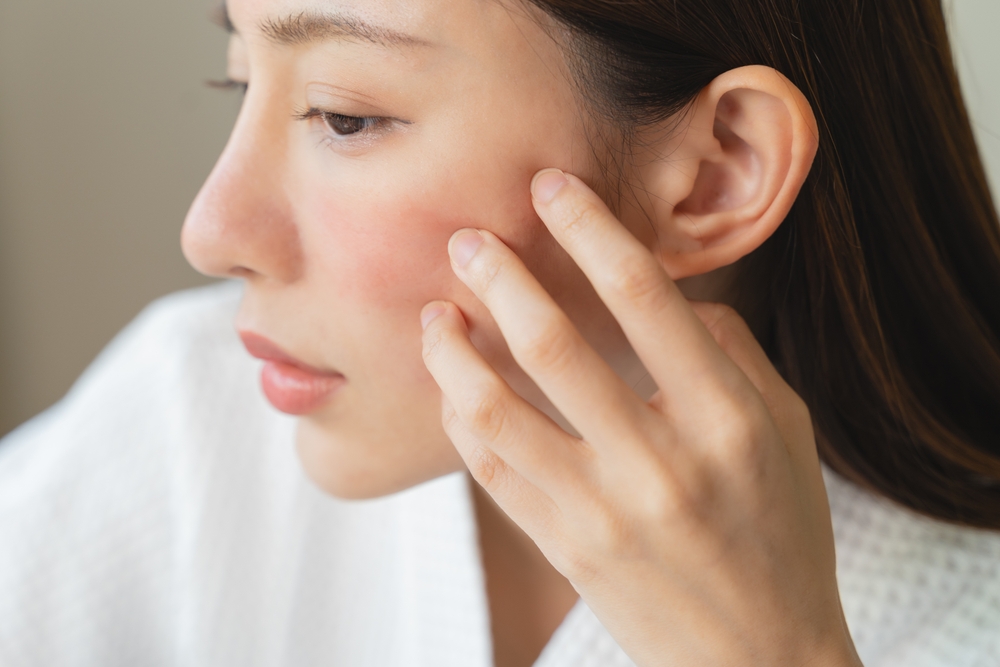
After a shower, your skin should feel clean and refreshed. If you notice redness, itching, or tightness, it may be a sign that your products are too harsh or your water is too hot. Hot water strips the skin of natural oils, which can lead to dryness and increased sensitivity. Use lukewarm water instead, and choose soaps that are fragrance-free and pH balanced. Pay attention to how your skin reacts, and adjust your shower habits if needed to avoid long-term skin problems.
Post-Shower Habits Matter
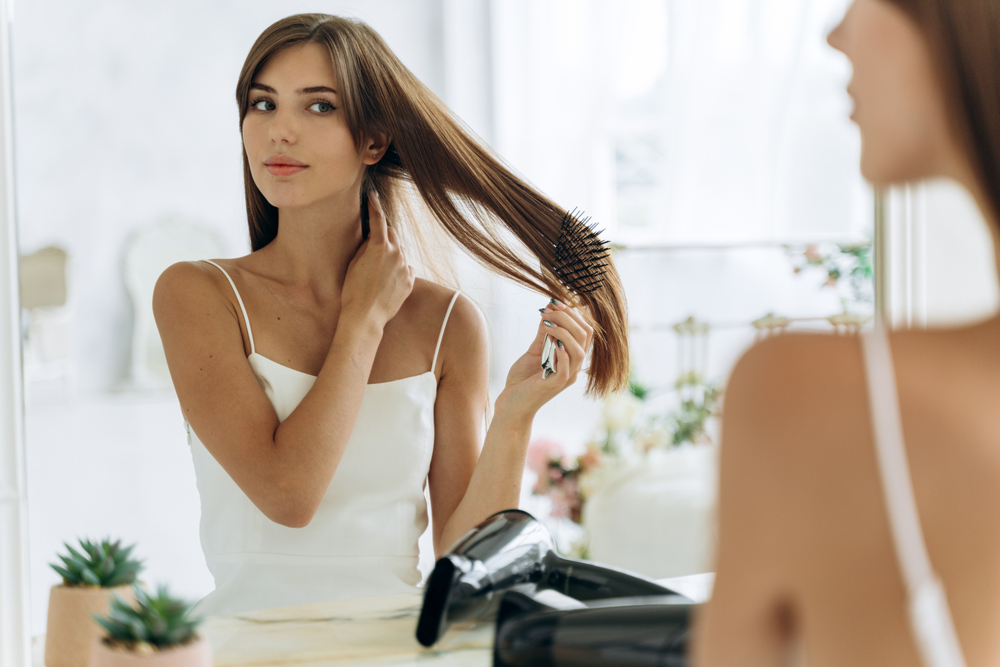
What you do right after a shower can impact your skin health, hair quality, and overall hygiene. Avoiding common mistakes like skipping moisturizer, using dirty towels, or dressing too quickly can prevent irritation and infections. Take the time to dry your skin gently, care for your feet and scalp, and protect your hair from damage. A few small changes in your post-shower routine can lead to healthier skin and a more comfortable day. Treat the moments after your shower as part of your self-care, and your body will thank you.
Read More: 15 Surprising Shower Taboos You’re Probably Breaking Without Even Knowing
Disclaimer: This article was created with AI assistance and edited by a human for accuracy and clarity.
